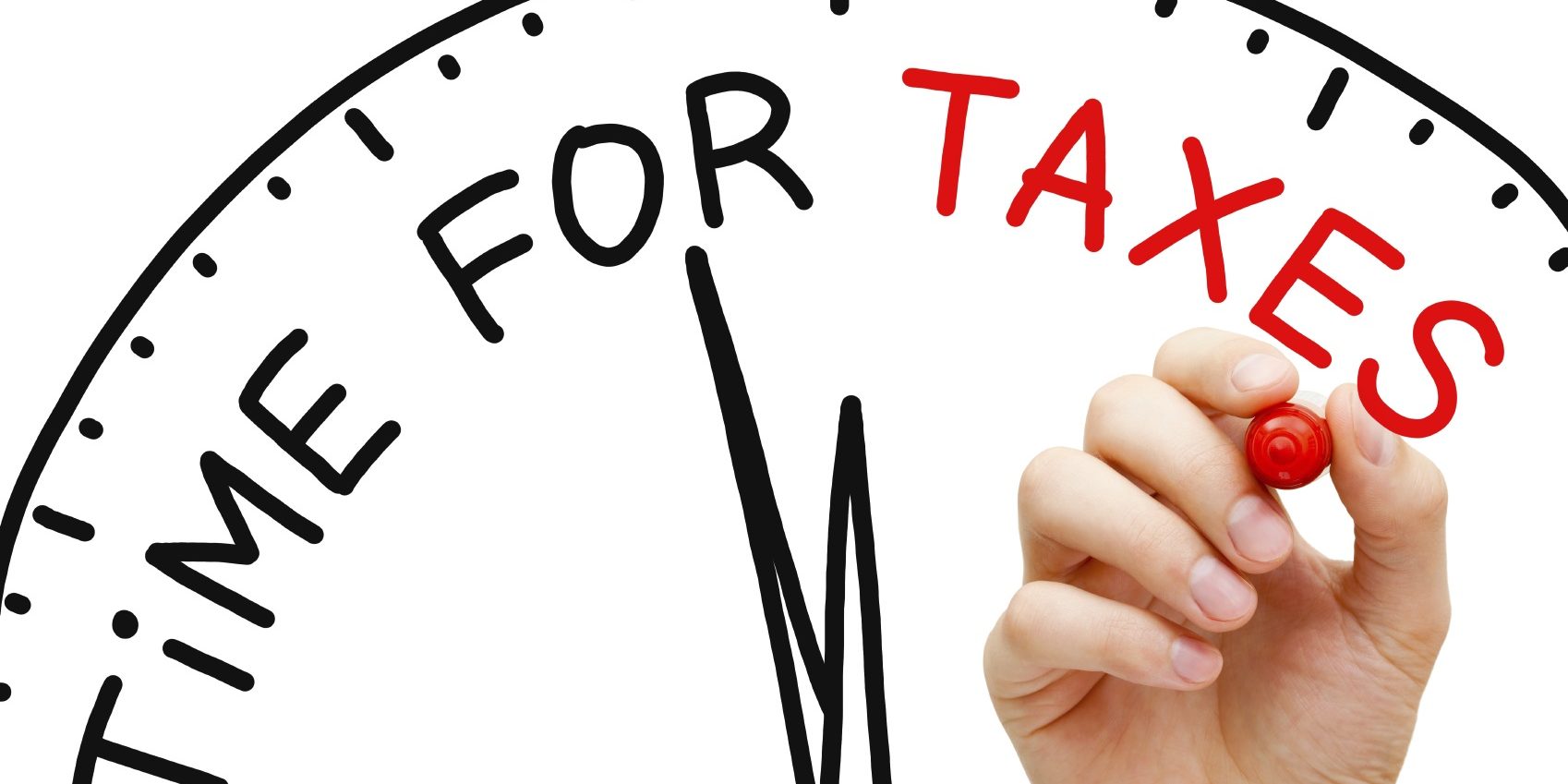Many of us were taught by our parents that if we start a small savings account and just keep adding small amounts to it that we will be pleasantly surprised at how fast it grows. What you may not know is the same can be said about the amount of money that you will end up owing to the CRA if you don’t pay your taxes and it won’t be a pleasant surprise.
Ironically people worry more about the legal ramifications of not paying their taxes, than they do about the financial ones. Of course you are right to worry about the legal implications but the financial debt you have with the CRA is continuously growing. Even if you only owe a small amount at the moment it will continue to grow and grow.
Interest and penalties are calculated the day after the deadline of your tax return that indicates you owe the tax government money.
The interest rate can change every 3 months. The rates differ depending on the type of income that the tax is owed on. For example for the first three months of 2014 the interest rate charged on overdue taxes, Canada Pension Plan contributions, and employment insurance premiums will be 5%.
A big mistake that a lot of people make is that because they owe money that they know they should remit with their tax return, and don’t have it or want to pay, they simply don’t file on time. In these cases the CRA will likely charge a late filing penalty. In this case you will pay 5% penalty on the amount owed plus 1% for each month that the tax is not paid for a total of 12 months. If you happen to have been charged late filing penalties on previous years then the rates will be even higher. There is a repeated failure to report income penalty.
It is very easy for a tax debt to take on a snowball effect. This is where the debt continues to grow and ends up carrying into the next year which just makes the situation get a whole lot worse.
Even if you cannot pay right now or can only make small payments there are 3 very important steps you can take.
1. Use the services of a quality tax accountant that will make sure that your taxes are being done right, and that you are getting all the credits you deserve. This professional will complete and file them on time for you.
2. Once you have received your assessment make arrangements with the CRA to make payments according to your circumstances. Your accountant can help you with this as well.
3. Once payment arrangements have been made, make sure you abide by them.
Following these simple but important steps can save you a lot of money on penalties and interest and eliminate the fear of legal repercussions with the CRA.







